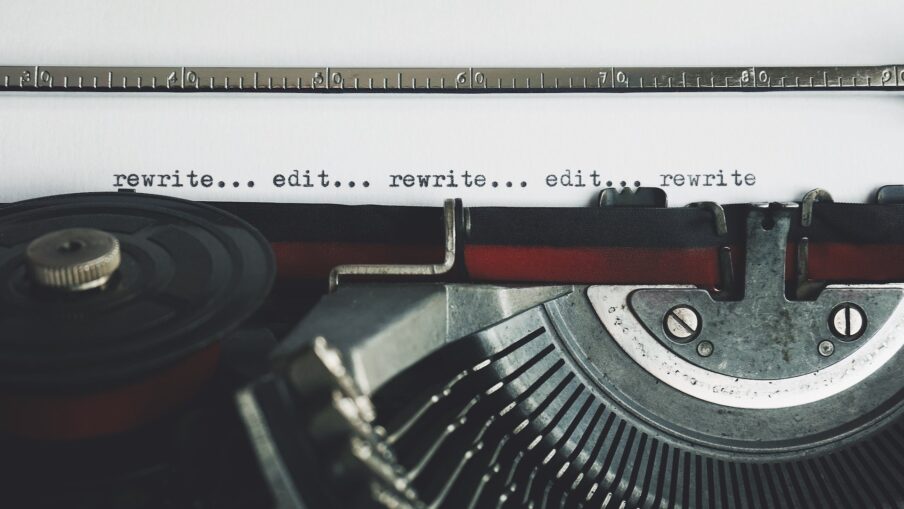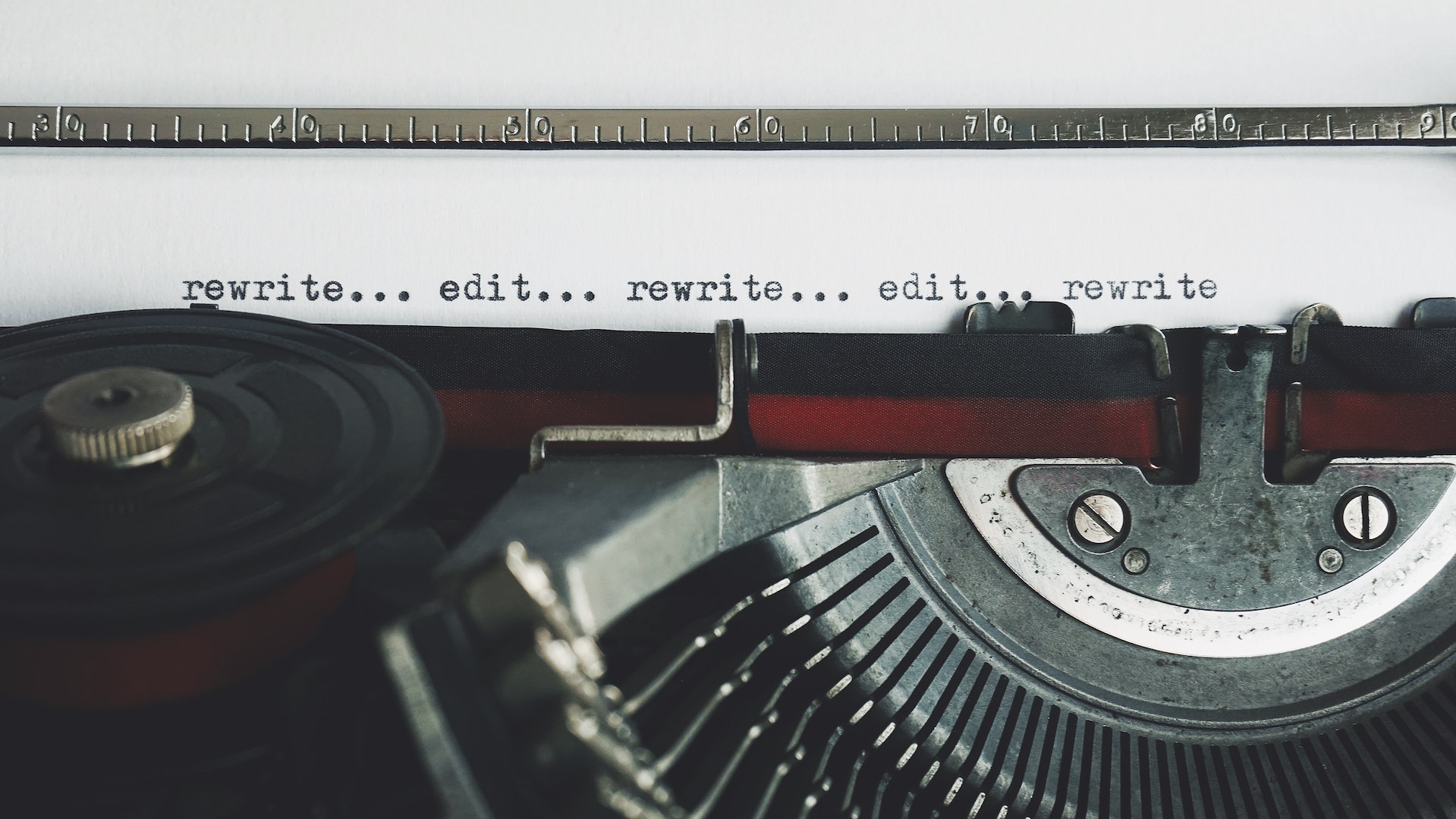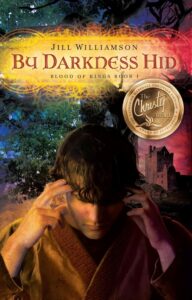By Jill Williamson, @jillwilliamson
Getting edits on your first novel can be a daunting experience. I’ll be honest. I cried. (Though, to be fair, I also cry at touching commercials or whenever a child sings a solo at church.)
Writing a book is a monumental achievement, and having someone find fault with it after so much hard work can be difficult, even for veteran authors. You can and you will get through this. I promise. To help, I’ve gathered three tips for you to remember as you are moving through this process.
1. Perspective
Yes, you are the author of your novel. But your novel is being published by a team. That means, you are not alone in this. Whoo hoo! Isn’t that great news? There are people working alongside you to help make your book the best it can be. That means that your editors and proofreaders are not commenting on your story to criticize you or to judge you. They are helping you as best they can. They are on your side. If you can keep that in perspective, it should keep you from falling into the depths of despair. Plus, it also helps to read over the edits, then take a few days to process them. Then when you come back, they won’t feel as overwhelming.
Perspective also applies to the act of editing itself. Editing is a different skill from writing, and it takes practice to learn how to edit. So if you’re struggling—if you’re not sure how to fix the things your editor is asking you to fix, don’t stress about it. Give yourself some grace. You will get better at this and improve over time, just like you did with the craft of writing. Until then, let’s look at tip 2.
2. Ask for Help
Like I said before, your editor is there to help you. That means, if you’re stuck—if you don’t know how to fix something, be honest and ask for help. Simple questions are the best way to go about it. For example: “I have no idea how to increase the tension in this scene,” or “If I cut John from this scene, I have no one to steal the car. Any ideas how I could fix that?”

If you really don’t want to ask your editor (which you should because #team), ask a friend or a critique partner. Tell them what your editor is asking you to change, and ask them to brainstorm with you. This is something you can do before you ask your editor for help too. Because if you have a big problem area, you could take your list of ideas that your friends helped you come up with, and you can share those ideas with your editor. They might love one. Or your list of ideas might spark a new idea in your editor that is perfect for your story. So, don’t be afraid to ask for help. There is strength in numbers.
3. Prioritize
Now that you’ve taken a few days to think about all that you read in your edits, come back in and take a good look. The first thing I like to do is go through and accept all the edits I completely agree with. This clears up a lot of the track changes and makes my To Do list much smaller.
That done, I then make a list of the big things that need to be fixed so that I can tackle them one at a time and not worry that I might miss something. I prioritize that list in the order I want to work on it. I like to put the biggest things first. Once I get those done, the rest of the edits feel like a breeze. I have friends who prefer to fix the small things and save the big ones for last. Do what works best for you, but a list is a great way to keep you organized, and crossing things off that list feels amazing.
Remember, getting a book published is a huge deal. Congratulate yourself and remember, all published novelists get edits. They are not unique to you. Don’t take edits personally. They are help from your team because they all want to make your amazing story the best it can be. So keep everything in perspective, ask for help if you need to, and prioritize things. Little by little, you will get your edits done. And when you get edits for your next book, you will have gotten even better at dealing with them.
Given the chance to train as a squire, kitchen servant Achan Cham hopes to pull himself out of his pitiful life and become a Kingsguard Knight. When Achan’s owner learns of his training, he forces Achan to spar with the Crown Prince–more of a death sentence than an honor. Meanwhile, strange voices in Achan’s head cause him to fear he’s going mad. While escorting the prince to a council presentation, their convoy is attacked. Achan is wounded and arrested, but escapes from prison–only to discover a secret about himself he never believed possible.
Jill Williamson is a chocolate loving, daydreaming, creator of kingdoms, and the author of several young adult fantasy novels including the Blood of Kings trilogy. She loves teaching about writing. She blogs at goteenwriters.com and also posts writing videos on her YouTube channel and on Instagram. Jill is a Whovian, a Photoshop addict, and a recovering fashion design assistant. She grew up in Alaska without running water or electricity and now lives in the Pacific Northwest with her husband and two kids. Find Jill online at jillwilliamson.com or on Instagram, YouTube, Facebook, Pinterest, and Twitter.



